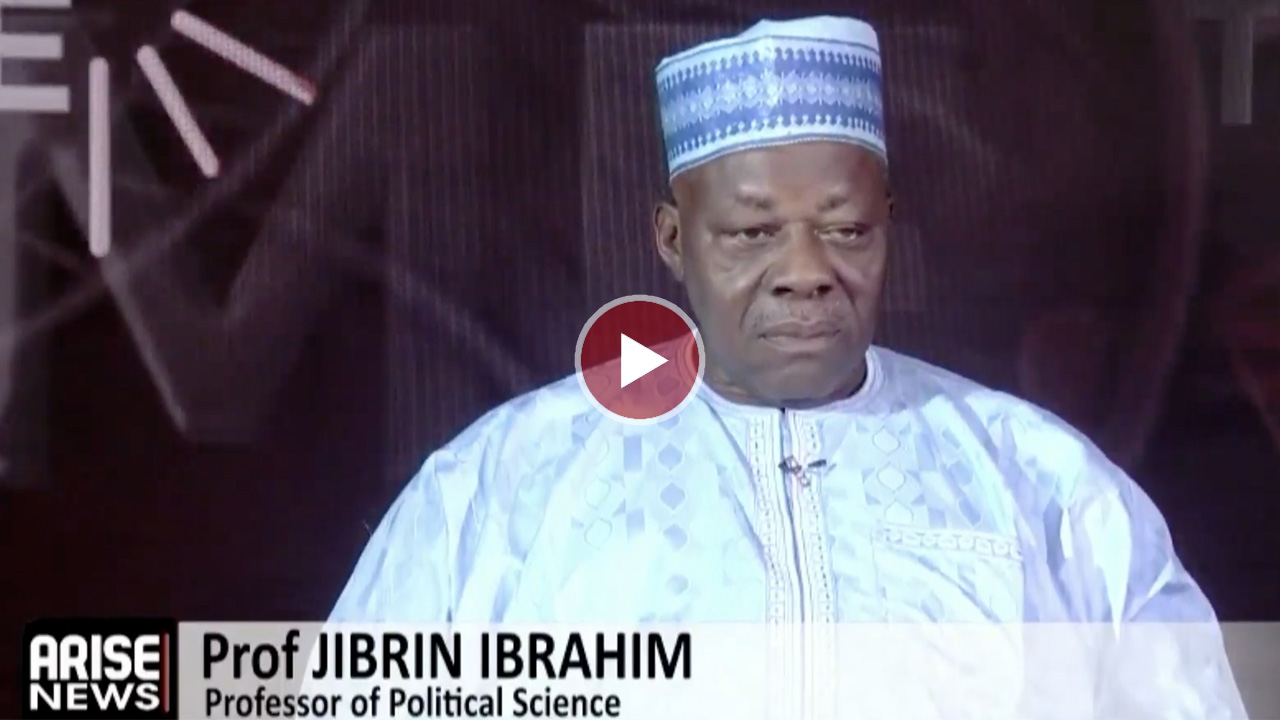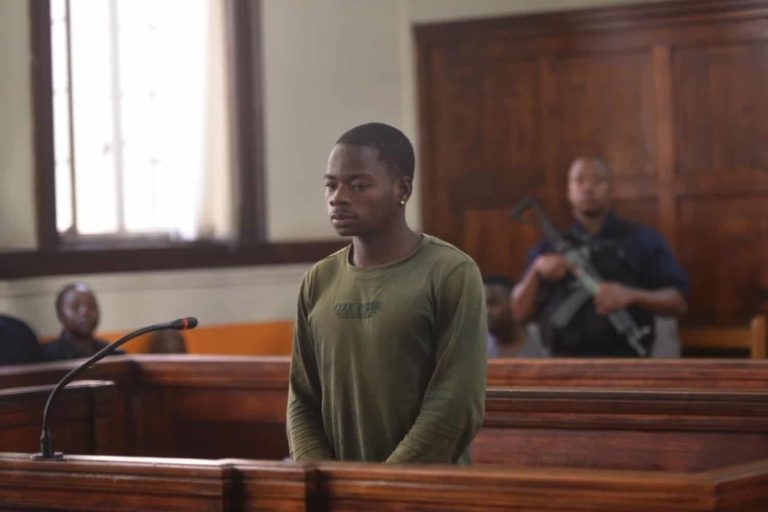
Political scientist and Senior Fellow at the Centre for Democracy and Development (CDD), Professor Jibrin Ibrahim, has said that the recent threats by former US President Donald Trump to take military action against Nigeria are politically motivated and not grounded in facts about the country’s security situation.
Speaking on ARISE News on Monday, the renowned scholar said Washington’s renewed hostility towards Nigeria stems largely from geopolitical tensions, particularly Nigeria’s growing partnership with China, rather than verified evidence of religious persecution.
“It’s been coming for a very long time and the Nigerian government has been aware of it,” Professor Ibrahim said. “Every year, the US Commission on International Religious Freedom comes to Nigeria to investigate petitions alleging the massacre of Christians. These petitions pile up because there’s never a clear response from the Nigerian government.”
He explained that for decades, successive Nigerian governments had failed to respond adequately to such reports, allowing the narrative of “Christian genocide” to fester unchecked in Washington.
“At one point, we attended a congressional hearing in the US where petitions about Christian genocide in Nigeria were submitted — and the Nigerian embassy wasn’t even represented,” he said. “So when these complaints pile up and Nigeria stays silent, they can be pulled out whenever the US wants to show displeasure.”
Professor Ibrahim said the timing of Trump’s declaration was telling.
“Over the past year, Nigeria has signed huge deals with China — in industrial parks, ports, mineral exploitation, and rare earth resources,” he noted. “China is securing a foothold in areas the US wants, and Washington is not happy. So, this is how they show their annoyance — by reviving old petitions and using them to frighten Nigeria into renegotiating on their terms.”
He stressed that the data from US government sources contradicts Trump’s claim that only Christians are being targeted in Nigeria’s violence.
“Even American numbers show the killings are indiscriminate,” he said. “Over the years, 1,800 people have been killed in churches, but more than 2,000 have been killed in mosques. So, it’s not about the facts — it’s about political convenience.”
On the threat of US military action, the political scientist dismissed it as bluster.
“I don’t believe there are any real plans for military intervention,” he said. “How do you fight small militant groups on motorcycles in remote villages? The US has never successfully defeated any guerrilla force in 50 years. They’re not putting boots on the ground again, they can bomb, yes, but it’s pointless.”
Turning to Nigeria’s own responsibilities, Professor Ibrahim said the federal government must focus on restoring credibility, addressing insecurity, and showing moral leadership.
“Our government has a constitutional duty to provide security and welfare for its citizens,” he said. “Since 2014, every administration has left the security situation worse than they found it. If we had been doing the right thing, we wouldn’t be where we are today.”
He urged President Bola Tinubu to seize the moment to reform governance and reconnect with Nigerians.
“There’s an opportunity for President Tinubu to be different, to focus on the people rather than political survival,” Professor Ibrahim stated. “He can choose to correct the ills of this country, not just to win another term but to make history.”
The senior fellow, who also chairs the editorial board of Premium Times, concluded that Nigeria’s salvation lies in restoring public trust through competence and integrity.
“Elections bring people into power, but too often, they work for themselves, not for the people,” he said. “That’s why democracy weakens. We need leadership that is committed to the welfare of Nigerians — that’s the path of rectitude.”
Boluwatife Enome



